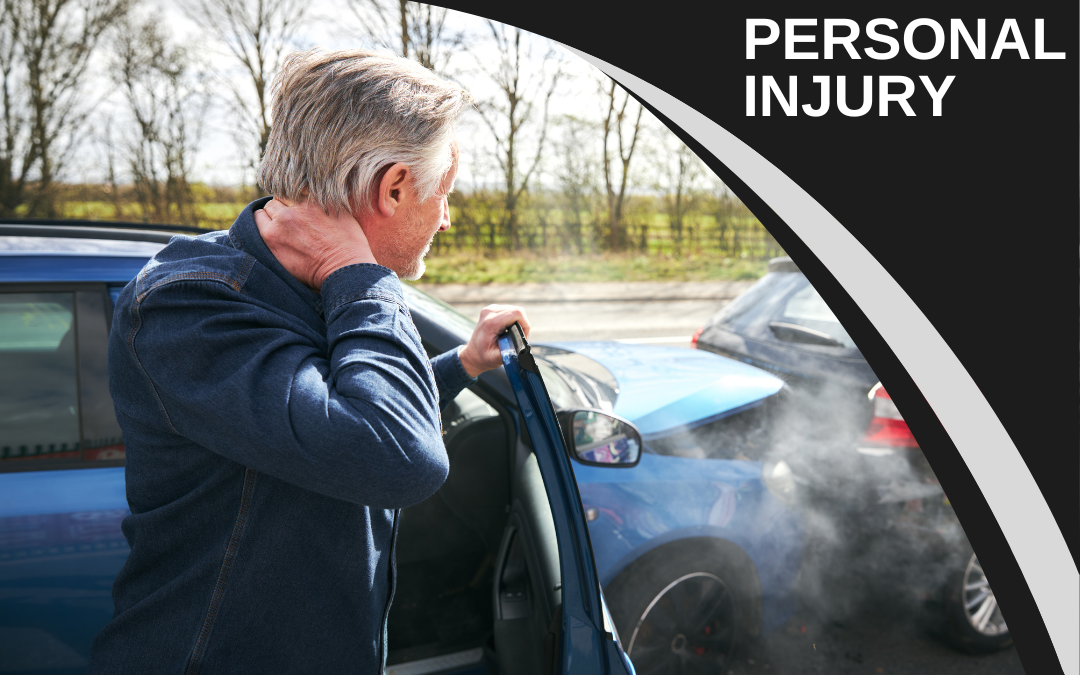FAQ Personal Injury

FAQ Personal Injury
What is a Personal Injury Claim?
What is a Personal Injury Lawyer?
Do I Have a Personal Injury Case?
To have a valid personal injury claim, you must prove four essential elements:
- Duty of care: The other party owed you a legal obligation to act reasonably and avoid causing you harm.
- Breach of duty: The other party failed to uphold their duty of care.
- Causation: The other party’s breach directly caused your injuries.
- Damages: You sustained economic and/or non-economic losses due to your injuries.
What Types of Personal Injury Cases are There?
Personal injury cases cover a broad spectrum of scenarios, including:
- Vehicle accidents: Car crashes, motorcycle accidents, truck accidents, and other collisions can result in serious injuries.
- Slip and fall accidents: Injuries sustained due to hazardous conditions on another’s property, such as spills or uneven surfaces.
- Medical malpractice: When healthcare professionals deviate from standard care and cause patient harm.
- Product liability: Injuries arising from defective products due to manufacturing flaws, design defects, or inadequate warnings.
- Dog bites: Compensation for physical and emotional injuries inflicted by dog bites.
- Wrongful death: When negligence leads to a person’s death, surviving family members may pursue a wrongful death claim.
- Workplace injuries: Workers may be entitled to workers’ compensation benefits, and depending on the situation, third-party claims may be possible.
- Exposure to toxic substances: Injuries caused by exposure to harmful chemicals or other substances.
- Premises liability: Holding property owners accountable for injuries sustained due to unsafe premises conditions.
- Assault and battery: Compensation for physical injuries resulting from intentional attacks.
What Should I Do After an Accident?
Seek immediate medical attention if injured. Collect evidence like accident reports, witness statements, and photos of the scene. Avoid discussing fault with the other party. Contact an experienced personal injury lawyer as soon as possible.
How Long Does a Personal Injury Case Take?
The duration of a case varies depending on the complexity and the willingness to settle. Simple cases may resolve within a few months, while complex cases involving litigation can take several years.
What is the Statute of Limitations for Personal Injury Cases?
Each state has a specific timeframe for filing a personal injury lawsuit, known as the statute of limitations. Failing to file within this timeframe could bar your claim. Consulting with a lawyer ensures timely action within the applicable statute of limitations for your case.
How Do I Choose a Personal Injury Lawyer?
Choose a lawyer with experience handling similar cases to yours. Check their reputation and credentials. Consider your comfort level with the lawyer and their communication style. Don’t hesitate to interview multiple lawyers before making your decision.
How Much is My Personal Injury Case Worth?
The value of your case depends on various factors, including the severity of your injuries, medical expenses, lost wages, impact on your life, and the strength of your evidence. A skilled personal injury lawyer can accurately assess the value of your claim and fight for the maximum compensation you deserve.
Should I Settle My Case or Go to Trial?
Most personal injury cases settle out of court. However, if the insurance company offers an unfair settlement or refuses to negotiate, going to trial might be the best option. Your lawyer will guide you through the pros and cons of each option and advise you on the best course of action for your specific case.
This article is for general informational purposes only and is not legal advice. Contact us today to discuss your specific situation.

